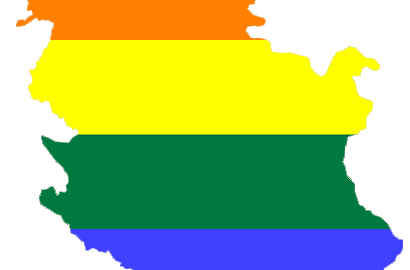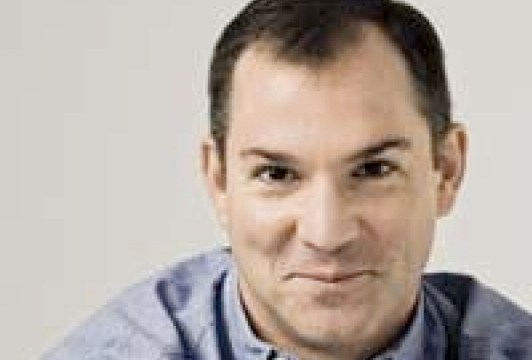Soccer, Gay Pride, and Echoes of the Balkans’ Bloody Past

Violent, intimidating, homophobic soccer enthusiasts.Those five words would have struck us as a hilarious oxymoron back in the Illinois of my childhood, where football always meant “macho” and soccer often meant “wuss.”
We would have suspected a joke or a hoax if we came across the news from this last week that fans of a Serbian soccer team beat a French fan into critical condition, and that fans of the same team played a public role in intimidating organizers into canceling a gay pride march through Belgrade.
Back then, though, none of us had read Franklin Foer’s How Soccer Explains The World, with its account of how the architects of ethnic cleansing mobilized soccer fans in the former Yugoslavia. In our defense, Foer’s book hadn’t been written yet and Yugoslavia hadn’t yet been ripped to shreds.
Serbia, of course, is one of those shreds. It’s its own country now with borders, a flag, a government and other trappings of stability. So it is possible to make too much of Belgrade’s canceled gay pride march and the government’s inability to guarantee the safety of marchers. But it’s also possible to make too little of it.
There’s menace — and perhaps even echoes of the Balkans’ bloody recent past — in the rhetoric of the ultra-nationalists who mobilized to prevent the march. A BBC story featured this quote from the 29-year-old leader of a Serbian religious organization: “All those trying to promote homosexuality as normal or acceptable are the enemies of the Serbian nation. They are trying to destroy our country … Everybody knows what will happen if the Belgrade pride goes ahead.”
Asked if he was referring to violence, he simply repeated, “everybody knows what will happen.”
Eight years ago, according to the BBC, “Belgrade’s first ever gay parade had to be abandoned half-way through due to widespread violence by an angry mob of protesters.”





